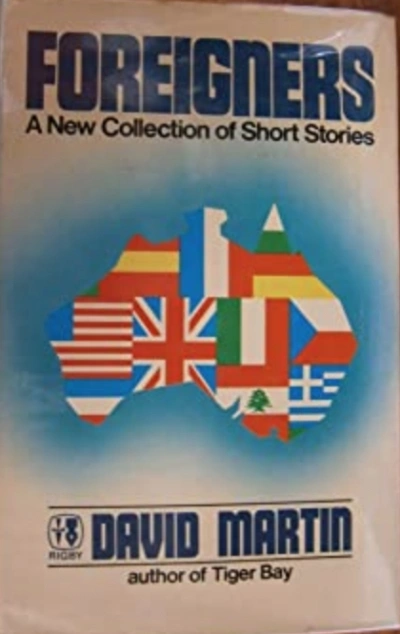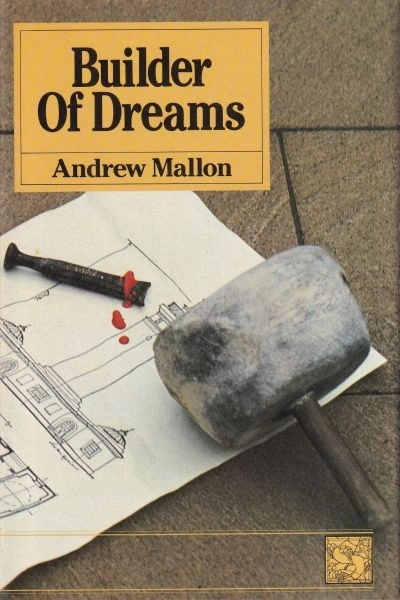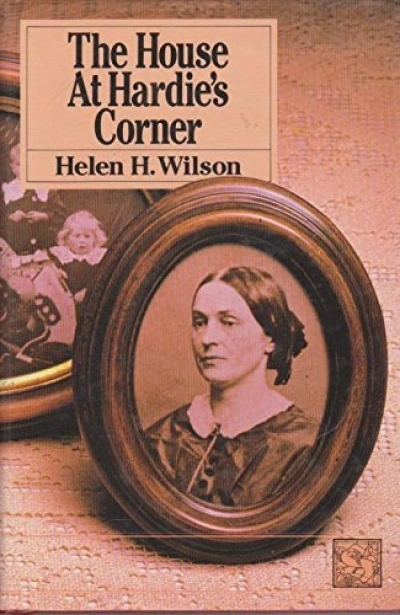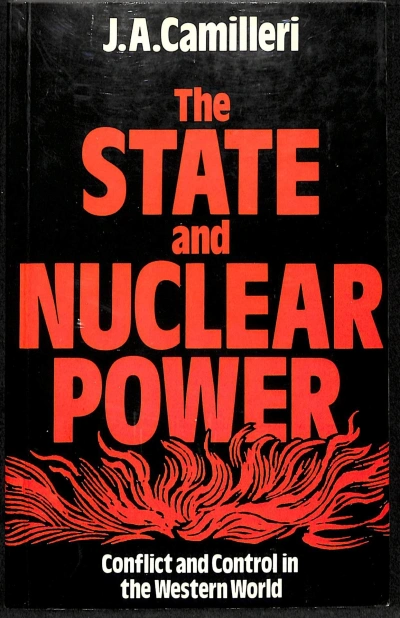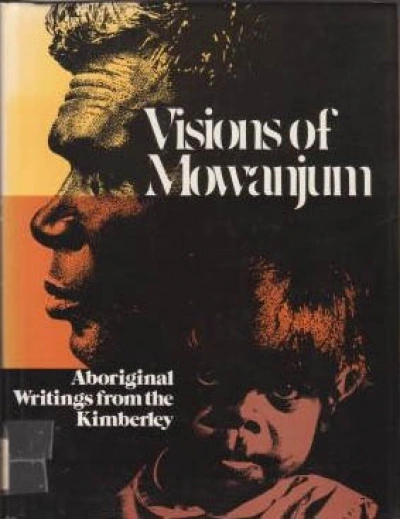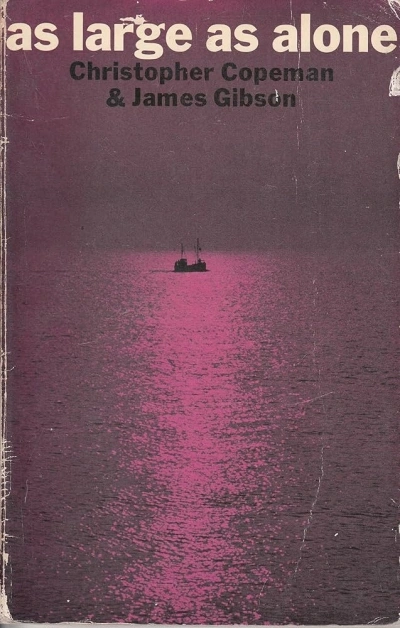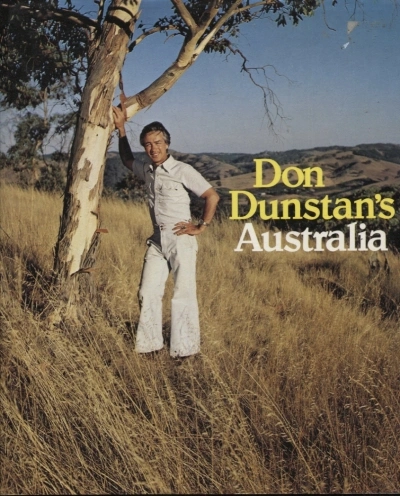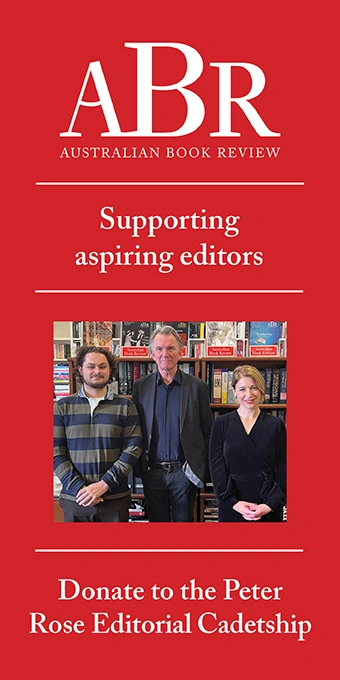Rigby
Foreigners: A new collection of short stories by David Martin
by Clement Semmler •
The Health Farm Murders by Tom Howard & The Beach-Front Murders by Tom Howard
by John Kernick •
The House at Hardie’s Corner by Helen H. Wilson & Landscape with Landscape by Gerald Murnane
by Ben Haneman •
The State and Nuclear Power by J. A. Camilleri & Can Australia Survive World War III? by Christopher Forsythe
by John Wiseman •
Visions of Mowanjum: Aboriginal Writings from the Kimberley by Daisy Utemomorrah et al; Maisie McKenzie
by David Martin •
As Large as Alone by Gibson and Murdoch Copeman & Mainly Modern by John and Dorothy Colmer
by I.V. Hansen •
Don Dunstan’s Australia by Don Dunstan, photography by Julia Featherstone
by Bruce Muirden •
Age Weekender's Fun Plus by C. Dowling, E. Phillips, J. Rusden, J. Walker & The Prehistoric Dinosaurs by V. Johnson
by Moira Robinson •


